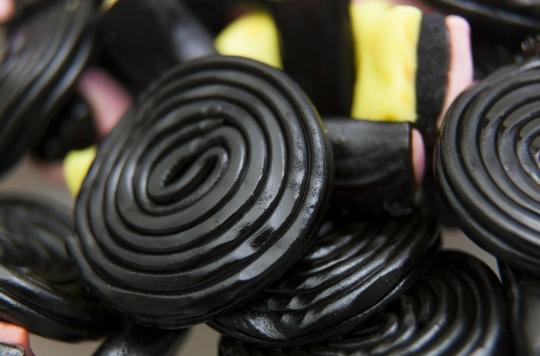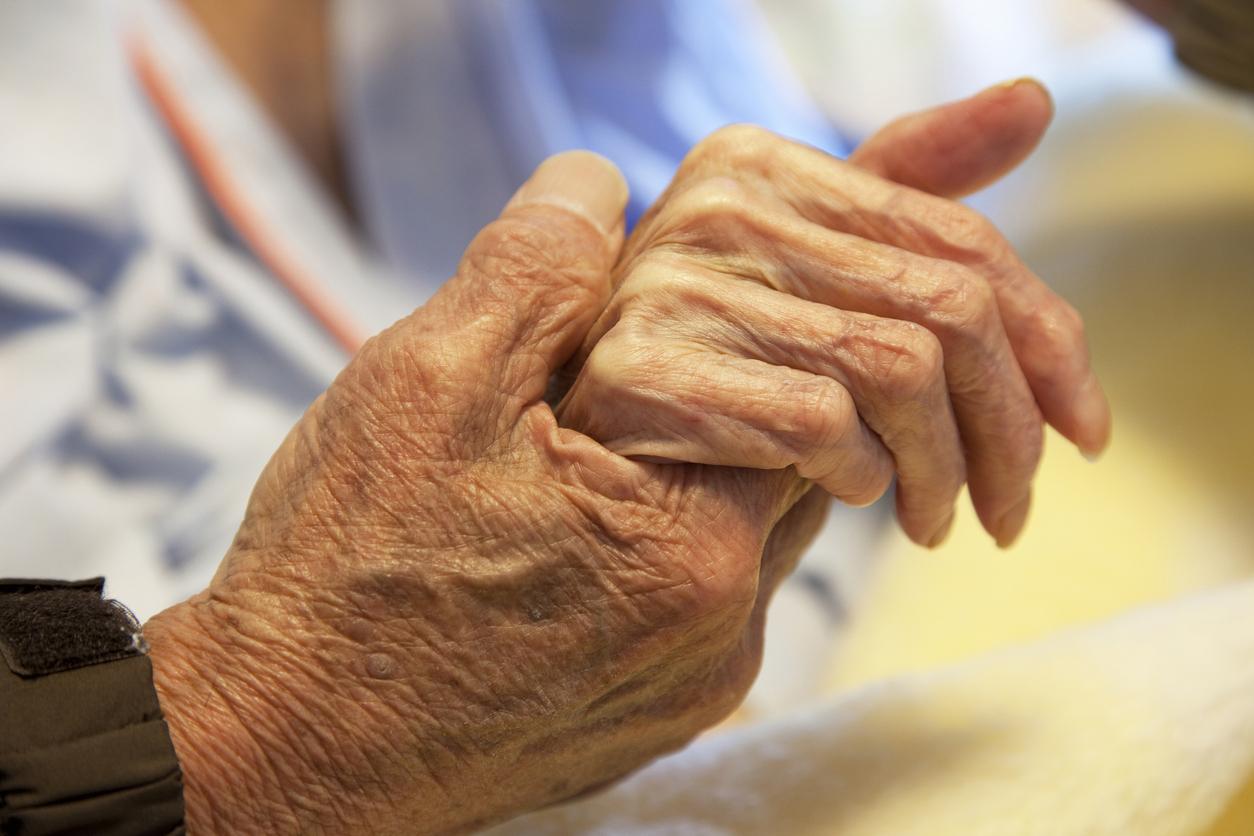Doctors have released a case study of a man who suffered a mysterious cardiac arrest. After various analyses, they suggest that his death was due to an overconsumption of licorice.

- A 54-year-old American died suddenly of cardiac arrest. For the doctors, he was intoxicated by an overconsumption of liquorice.
- Licorice is sometimes used to increase the sweetness of candy or medicine. Currently, the man was eating 1 to 2 packets of sweets a day and he had changed his recipe to opt for a “licorice” taste.
- The active principle of licorice has a long lifespan in the body and can cause disorders of potassium in the blood which can in turn disturb the proper functioning of the muscles and in particular that of the heart.
Unexplained cardiac arrest until doctors discovered his licorice consumption. This case study was published last September 20 in the magazine The New England journal of medicine, by doctors wanting to understand how a 54-year-old man suddenly collapsed. To understand this death, the doctors carried out a meticulous investigation.
As the study explains, this American in his fifties lost consciousness one afternoon while he was in a fast food restaurant. Before collapsing, he had difficulty breathing and was shaking. Rescuers arrive on the scene four minutes later, when the man is already in cardiac arrest. Arrived at the hospital half an hour later, he will succumb despite the intervention of the doctors.
Very quickly, the first examinations show that the deceased presented “multi-organ failure, profound metabolic disorders and hypokalemia [baisse du niveau de potassium dans le sang, NDLR] marked after cardiac arrest associated with ventricular fibrillationwrites Dr. Elazer R. Edelma, co-author of the article and professor of medicine at Harvard University. Faced with such clinical complexity, I will focus first on the processes that govern potassium regulation and homeostasis [harmonie des flux interne, NDLR]as they are essential for understanding and relating observed metabolic, renal, vascular and cardiac conduction defects.”
A change in diet
Pointed out, potassium is used in particular to activate nerve and muscle cells, such as the heart, which it is essential to ensure its contraction. The absence or the low dose of potassium in the blood can explain the cardiac arrest. In the body, it is the product of ingestion, internal recirculation and elimination in the gastrointestinal and renal systems. However, this lack of potassium in the blood can be caused by starvation or anorexia (quickly ruled out in this case), changes in internal recirculation or gastrointestinal or renal loss of potassium. “The most likely cause of this patient’s hypokalemia is renal loss of potassium resulting from excess mineralocorticoids. [hormone qui contrôle notamment les échanges entre le sodium et le potassium dans le rein, NDLR]”, assure the authors of the case study.
By questioning his relatives, the doctors learned that this man had a poor diet and ate mainly sweets. However, according to the researchers,licorice has long been used as a medicine and food sweetener, not without side effects.” Licorice has the particularity of disrupting mineralocorticoid receptors and can potentially cause hypokalemia. However, these ionic changes can take effect long after the digestion of the last candy. According to his family, the man ate one or two large packets of soft candies daily. Those close to him remember that three weeks before the cardiac arrest, he had swapped his fruit-flavoured soft candies for those with liquorice.
Doctors were interested in these sweets and noticed the presence of glycyrrhizic acid, the active principle of licorice, which once in the body was transformed into glycyrrhetinic acid. This new compound has a long half-life [durée au bout de laquelle la grandeur atteint la moitié de sa valeur initiale, NDLR]a large volume of distribution and enterohepatic recirculation [circulation entre le foie et l’intestin grêle, NDLR] extended, and whose hypokalemia can take between 1 to 2 weeks before resorbing. Knowing licorice can alter the average man’s heart rate after ingesting just 50 grams, for doctors there is no doubt that it was the overconsumption of licorice that disrupted the proper functioning of this heart. 54-year-old American, leading him to fatal cardiac arrest.
.















-1708094208.jpg)
